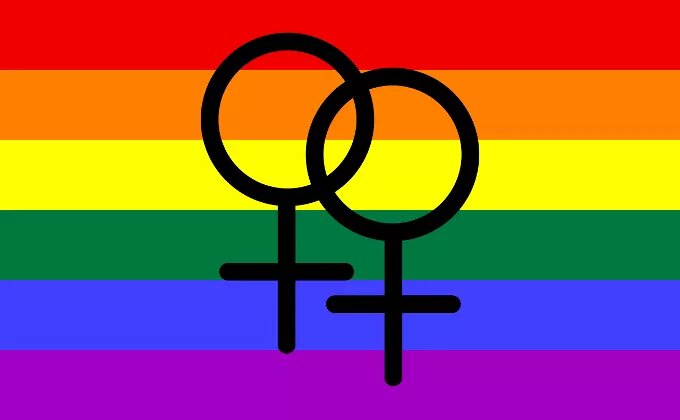The black lesbian human rights activist and activist Funeka Soldaat talks about the situation of the LGBTIQ community in South Africa 25 years after the end of apartheid.

25 years after the end of Apartheid, what has changed for LGBTIQ people in South Africa?
After the end of Apartheid, the LGBTIQ community started to organize themselves openly to challenge all the laws and policies that were discriminating against them. Community based organizations were formed in townships and in rural provinces by LGBTI activists. The National Coalition for Gays and Lesbians was formed to lead the negotiations for the inclusion of the sexual orientation clause in the constitution. The African National Congress (ANC), which was the governing party, was lobbied by activists to support the campaigns of the LGBTI community. In 1996 the new constitution was passed with the inclusion of the Sexual Orientation clause.
Unjust laws left over from the apartheid era were challenged and amended. The legal status of LGBTIQ individuals changed. They were employed as public servants, especially gay men in the army. LGBTIQ people were allowed to get married. Gay friendly health and faith based institutions were established. The visibility of trans offices were seen in different cities in the country.
Despite relatively progressive legal policies, the implementation of gay and lesbian rights has been inadequate, and in practice LGBTIQ persons remain unequal. Black lesbians in the townships are most at risk not only for open violence but also for structural discrimination before courts, administration and employers. Is there political will to change this situation? What needs to be done to ensure that every queer person enjoys their rights?
Africa’s LGBTIQ community has labelled South Africa’s environment as the best and safest in the world. The reality however is that South African townships remain very dangerous places for LGBTIQ individuals.
The biggest challenge in our country is that there are no strong laws to deal with hate crimes and hate speech, and strengthen the constitutional rights won after the end of apartheid. The laws that exist to assist LGBTIQ people access their rights are badly implemented or not implemented at all. There are no sustainable campaigns led by the government to deal with homophobia and transphobia in our country. There is no broad political will to change the situation. A strong and sustained human rights movement is needed for queer people to enjoy their rights. There is a need for LGBTIQ individuals to hold powerful positions in political spaces because only they can push for the change required.
Does the political (un)willingness to protect ALL queer people from violence and empower them to enjoy their rights depend on a specific political party?
There is a need for a strong Civil Society and Feminist movement in the country to fight patriarchy and all other related injustices. The 3 biggest political parties in South Africa support LGBTIQ issues in their manifestos and promise to protect them from violence and empower them to enjoy their rights.
What are the priorities and strategies of Black lesbian activities today and how these priorities and strategies changed since 1994?
The priorities include ensuring the safety of the black lesbians in the townships; challenging homophobia in public institutions and at home; and facilitating access to justice and health.
The strategies to achieve these include creating safe spaces for Black lesbians to grow and be empowered; effectively participating on task teams that are formed by the government to deal with violence against LGBTIQ people; creating localised platforms with the South African Police Service to deal with hate crimes; and engaging with communities and civil society organizations to address homophobia.
The focus for LGBTIQ people since 1994 was to ensure rights for LGBTIQ people in the Constitution, especially through the inclusion of sexual orientation in categories protected against discrimination and to challenge all homophobic laws.
In general, what are the most pressing issues in the coming 25 years in South Africa?
The most pressing issues in South Africa today are inequalities in the country; gender based violence; hate crimes; corruption and poverty.